Top 10 great empires in history
Empire- when one person (monarch) has power over a vast territory inhabited by numerous peoples of different nationalities. This ranking is based on the influence, longevity and power of various empires. The list is based on the fact that an empire should, most of the time, be ruled by an emperor or a king, this excludes the modern so-called empires - the United States and the Soviet Union. Below is a ranking of the ten greatest empires in the world.
At the height of its power (XVI-XVII), the Ottoman Empire was located on three continents at once, controlling most of Southeast Europe, Western Asia and North Africa. It consisted of 29 provinces and numerous vassal states, some of which were later absorbed into the empire. The Ottoman Empire has been at the center of interaction between the Eastern and Western worlds for six centuries. In 1922, the Ottoman Empire ceased to exist.
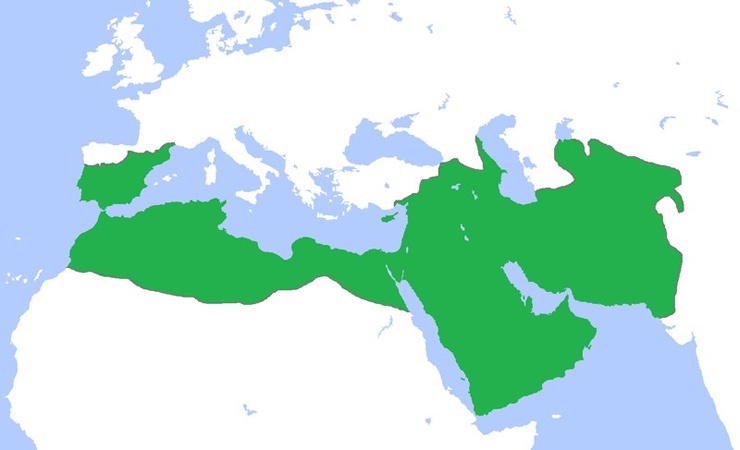
The Umayyad Caliphate was the second of the four Islamic Caliphates (system of government) established after the death of Muhammad. The empire under the rule of the Umayyad dynasty covered more than five million square kilometers, making it one of the largest in the world, as well as the largest Arab-Muslim empire ever established in history.
Persian Empire (Achaemenid)
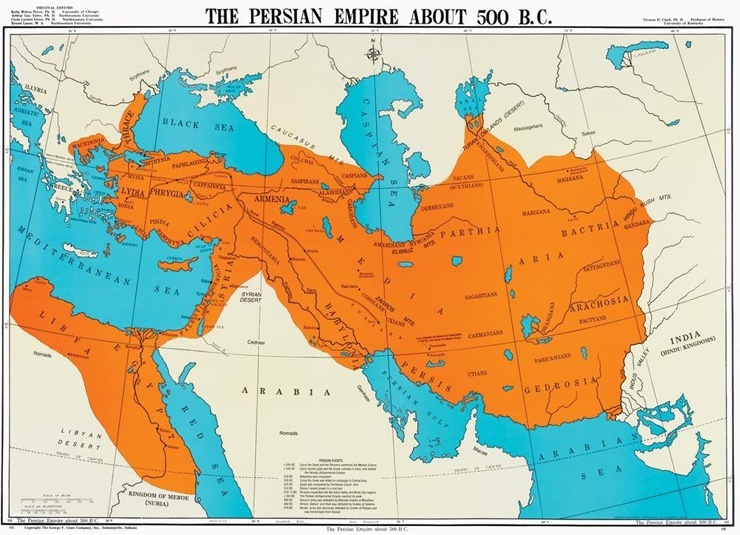
The Persian Empire basically unified all of Central Asia, which consisted of many different cultures, kingdoms, empires and tribes. It was the largest empire in ancient history. At the peak of its power, the empire covered about 8 million square kilometers.
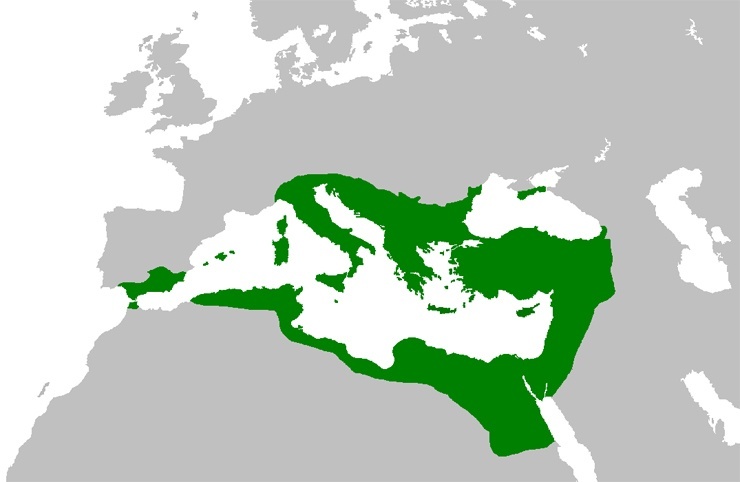
The Byzantine or Eastern Roman Empire was part of the Roman Empire during the Middle Ages. The permanent capital and civilizational center of the Byzantine Empire was Constantinople. During its existence (more than a thousand years), the empire remained one of the most powerful economic, cultural and military forces in Europe despite setbacks and loss of territory, especially during the Roman-Persian and Byzantine-Arab wars. The Empire received a mortal blow in 1204 on the Fourth Crusade.
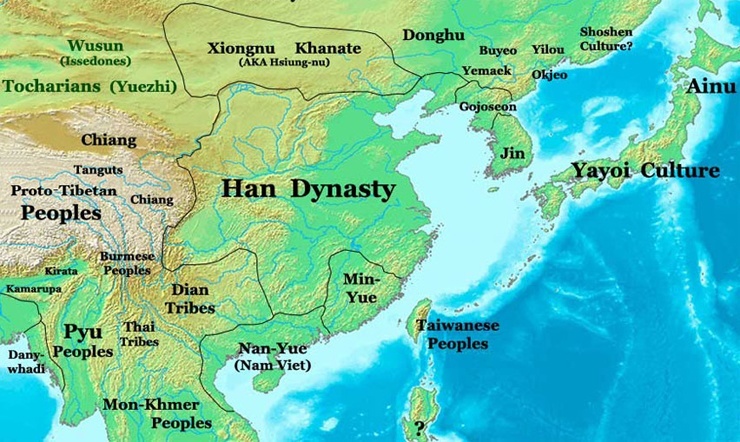
The Han Dynasty is considered a golden age in Chinese history in terms of scientific advancement, technological progress, economic, cultural and political stability. Even to this day, most Chinese call themselves the Han people. Today, the Han people are considered the largest ethnic group in the world. The dynasty ruled China for almost 400 years.
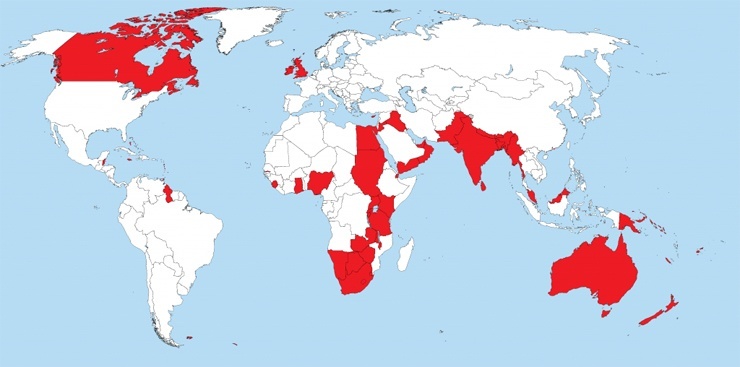
The British Empire covered more than 13 million square kilometers, which is about a quarter of the earth's landmass of our planet. The population of the empire was approximately 480 million people (approximately one-fourth of humanity). The British Empire is by far one of the most powerful empires that has ever existed in human history.
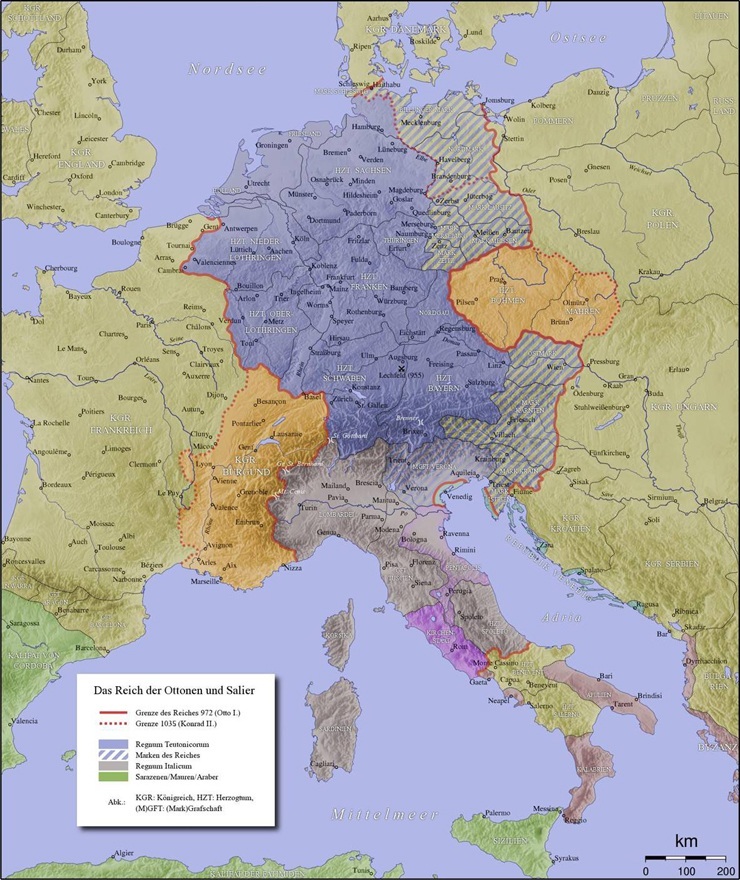
In the Middle Ages, the Holy Roman Empire was considered the "superpower" of its time. It consisted of eastern France, all of Germany, northern Italy, and part of western Poland. It was officially dissolved on August 6, 1806, after which there appeared: Switzerland, Holland, the Austrian Empire, Belgium, the Prussian Empire, the Principalities of Liechtenstein, the Confederation of the Rhine and the first French Empire.
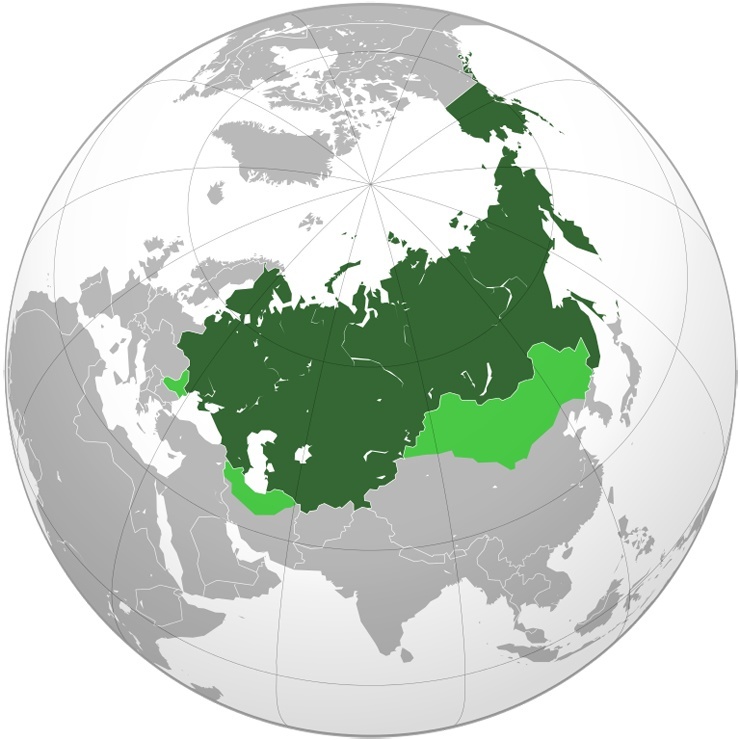
The Russian Empire existed from 1721 until the Russian Revolution in 1917. She was the heir to the kingdom of Russia, and the forerunner of the Soviet Union. The Russian Empire was the third largest of the ever-existing states, second only to the British and Mongolian empires.
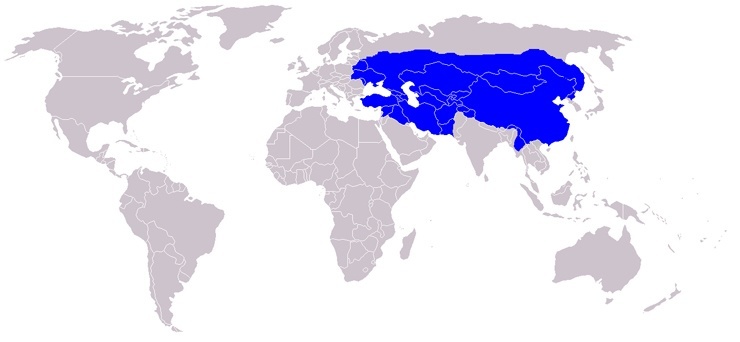
It all started when Temujin (later known as Genghis Khan, considered one of the most brutal rulers in history) vowed in his youth to bring the world to its knees. The Mongol Empire was the largest adjacent empire in human history. The capital of the state was the city of Karakorum. The Mongols were fearless and ruthless warriors, but they had little experience in managing such a vast territory, which caused the Mongol Empire to quickly fall.
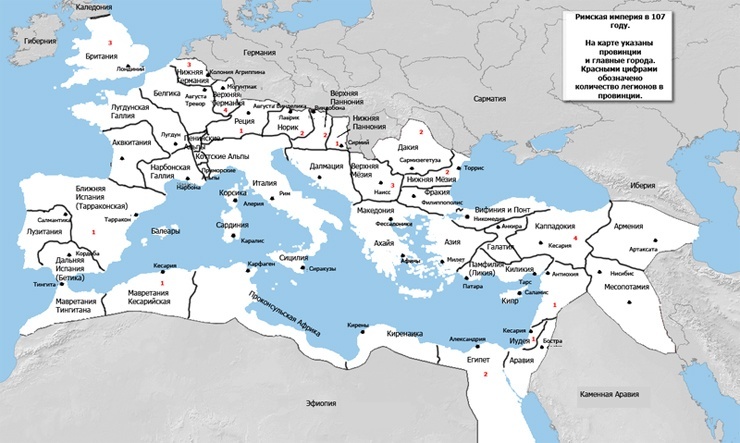
Ancient Rome made a great contribution to the development of law, art, literature, architecture, technology, religion and language in the Western world. In fact, many historians consider the Roman Empire to be the "ideal empire" because it was powerful, fair, long-lived, large, well-defended, and economically advanced. The calculation showed that from its foundation to the fall, a whopping 2214 years passed. It follows from this that the Roman Empire is the greatest empire of the ancient world.
Share on social networks



